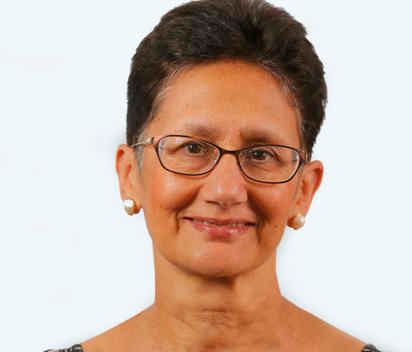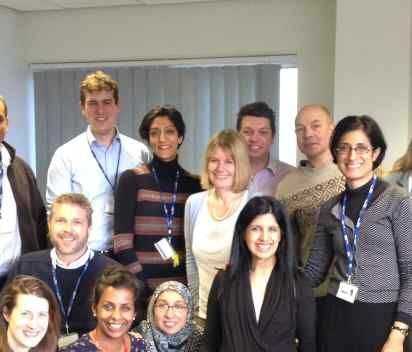Abstracts
The theme for the 2017 SAPC Conference is "Primary Care at the Coalface: Mining for Diamonds".
Abstracts for oral presentation should be submitted via this Wufoo form. Deadline for submission of abstracts has now been extended to Monday 31st October at 12 noon. If you wish to be considered for a medical student, novice presenter or SAPC prize, please indicate this on the form.
Guidelines for submission
- Abstract submission for oral presentation
- Workshop abstract submission
- Prize entry terms and conditions
- Dangerous Dragons
- A title which accurately describes the study
- The names of all authors with institutional affiliation(s)
- Background: a brief explanation of how the study developed from existing knowledge and literature
- Methods: a concise description of the methods used to conduct the study
- Results: where possible include key findings of the research. For studies in progress with results to follow, please indicate this, explaining your plans for data analysis
- Discussion: this is an opportunity to explain why the findings are of interest and importance, and implications they may have for practice or teaching
- Title
- Aim and intended outcome/educational objectives
- Format
- Intended audience (include a maximum number of participants if you wish)
- Content
To submit your workshop idea, please fill out this form: Workshop submission form
Please note that the deadline for workshop submissions is Monday 31st October at 12 noon.
“Dangerous Dragons”
For this year’s Regional SAPC at Madingley Hall we have drawn upon the hugely successful Dangerous ideas session run every year at the July SAPC conference, with a twist of the “Dragons Den” session held at Madingley last year. We have added our own slant too, with every idea presented being discussed by panel of notable clinical and academic colleagues or “Dragons”!
This session aims to be a fast paced “festival of ideas’, stimulating new conversations and new thoughts as well as critiques of existing ideas. It brings speakers together in an innovative way to raise important questions, acting as a catalyst for sharp and vibrant discussion. The idea pitched can be a piece of teaching or research that is in progress or completed or merely just an idea they would like to present that challenges current thinking.
Examples from previous SAPC sessions have been
“Addressing antibiotic resistance with the Krapsule”
"Virtual GP: replacing GP training with an app."
Speakers will have 5 minutes to pitch their Dangerous Idea to our panel of Dragons – outlining their idea, why it matters and how they will make it happen. The “Dragons” will then have 5 minutes to quiz the speaker on the detail of their presentation.
At the end of the session the audience are asked to vote for the best idea - the one that they most feel needs to be heard. We will ask them to choose an idea that is new (challenging, even provocative), recognises and resonates with the vision of driving improvement in primary care through scholarship and has the potential to make a difference.
The winner of the session may have the opportunity to publish their article in the BJGP in a specially reserved slot under “Dangerous ideas”.
To submit your Dangerous Dragons idea, please fill out this form: Dangerous Dragons submission form
The deadline for Dangerous Dragons ideas is Monday 31st October at 12 noon.
The word limit for Dangerous Dragons ideas is 150 words.


